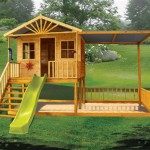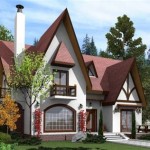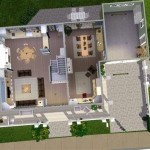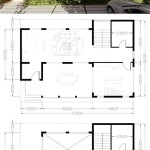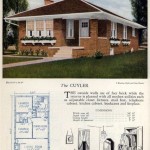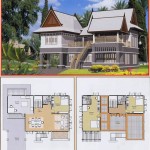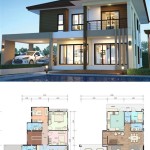Essential Aspects of Hostel Floor Plans Design
Hostel floor plans play a crucial role in determining the overall comfort and functionality of the space. By carefully considering various elements during the design process, hostel owners can create a welcoming and efficient environment that caters to the needs of travelers.
Space Utilization
Space utilization is paramount in hostel design. Floor plans should efficiently maximize the available space while ensuring adequate privacy for occupants. Consider dividing the floor plan into public areas such as common rooms and kitchens, and private areas for sleeping and storage. Bunk beds are a space-saving solution that allows for multiple beds in a compact area.
Access and Circulation
Clear and convenient access routes are essential for efficient movement within the hostel. Ensure that entrances, exits, and hallways are well-lit and wide enough for easy navigation. Avoid dead ends and create a logical flow between different areas to prevent overcrowding and confusion.
Lighting
Lighting plays a significant role in creating a comfortable and inviting atmosphere. Incorporate both natural and artificial lighting to maximize daylight and reduce energy consumption. Large windows provide ample natural light, while overhead fixtures, lamps, and wall sconces create a cozy and homely ambiance.
Ventilation
Proper ventilation is crucial for maintaining air quality and preventing stuffiness. Consider cross-ventilation by placing windows on opposite sides of rooms to allow for airflow. Exhaust fans in bathrooms and kitchens are essential for removing odors and moisture. Air conditioning or ceiling fans may be necessary in certain climates to provide additional ventilation.
Privacy and Security
Privacy is a key consideration in hostel design. Bunk beds should offer visual and auditory separation between occupants using curtains or dividers. Ensure that each guest has access to a private locker or storage space for their belongings. Well-lit and monitored hallways and common areas enhance security and provide peace of mind.
Furniture and Equipment
Furniture and equipment should be chosen with functionality and comfort in mind. Common rooms should have comfortable seating and tables for socializing and relaxation. Kitchens should be equipped with essential appliances and adequate counter space for cooking. Storage units, laundry facilities, and ironing boards enhance convenience and practicality.
Accessibility
Accessibility considerations are essential for ensuring inclusivity and meeting the needs of all travelers. Design floor plans with wide doorways, ramps, and accessible bathrooms to accommodate guests with disabilities. Provide clear signage and use contrasting colors for better visibility and navigation.
Conclusion
By considering these essential aspects in hostel floor plans design, hostel owners can create a welcoming and comfortable environment that caters to the needs of travelers. A well-designed floor plan will optimize space utilization, provide convenient access, enhance ventilation, ensure privacy and security, and incorporate functional furniture and equipment. By paying attention to these details, hostel owners can create a positive and memorable experience for their guests.

60 Bedroom Hostel Building Floor Plan Samples

10 Bedroom Hostel Design Id 29901 House Plans By Maramani

Hostel Floor Plan Bedrooms Were Located On The Second B And Third Scientific Diagram

Pin By Koda On Layouts House Rooms Hotel Floor Plan Room Hostels Design

Hostel Design By Make My House

60 Bedroom Hostel Building Floor Plan Samples

Characteristic Floor Layout Of A Student Hostel In Princeton Scientific Diagram

Hostel Design By Make My House

Pin Page

St Andrews Girls Hostel Zero Energy Design Lab Archdaily

